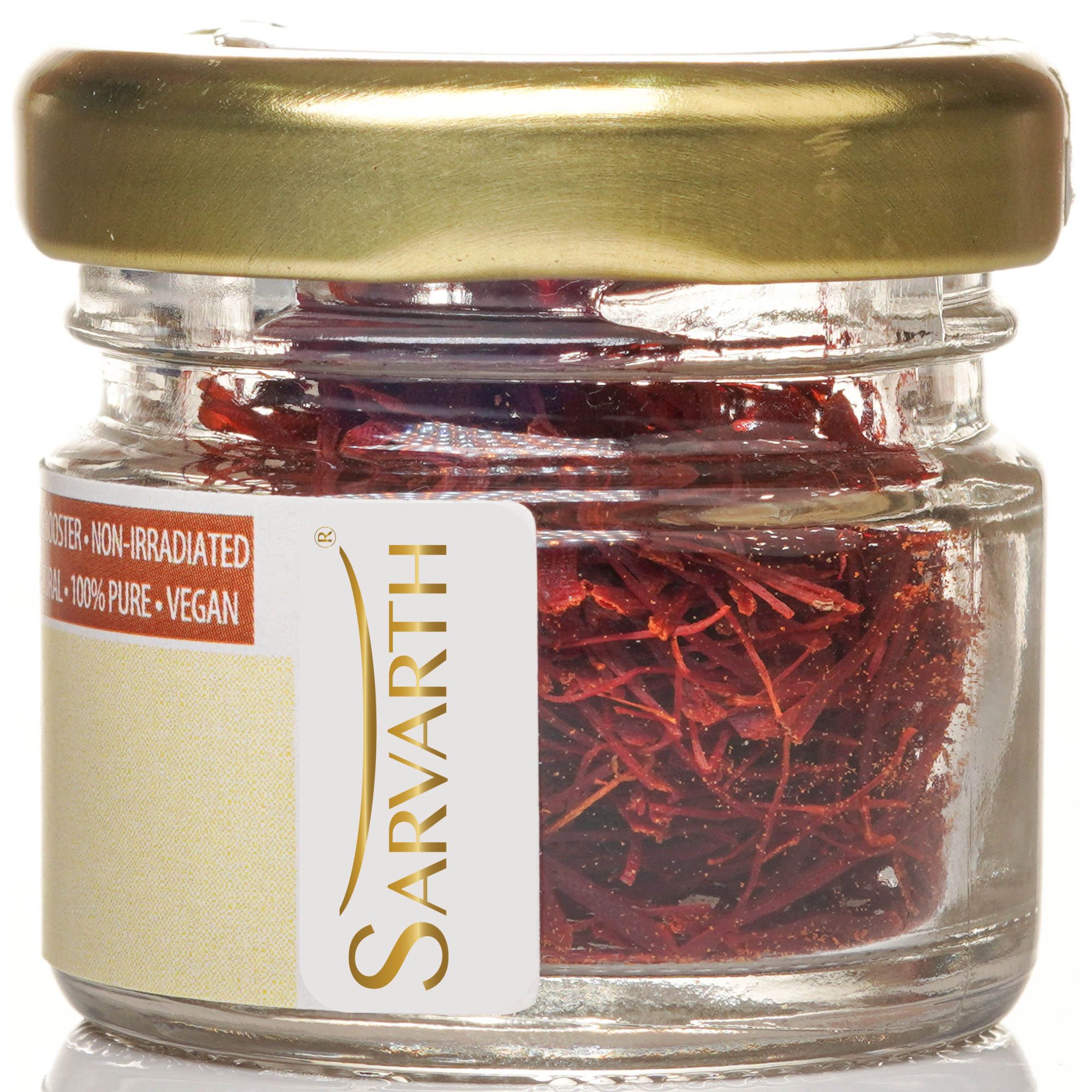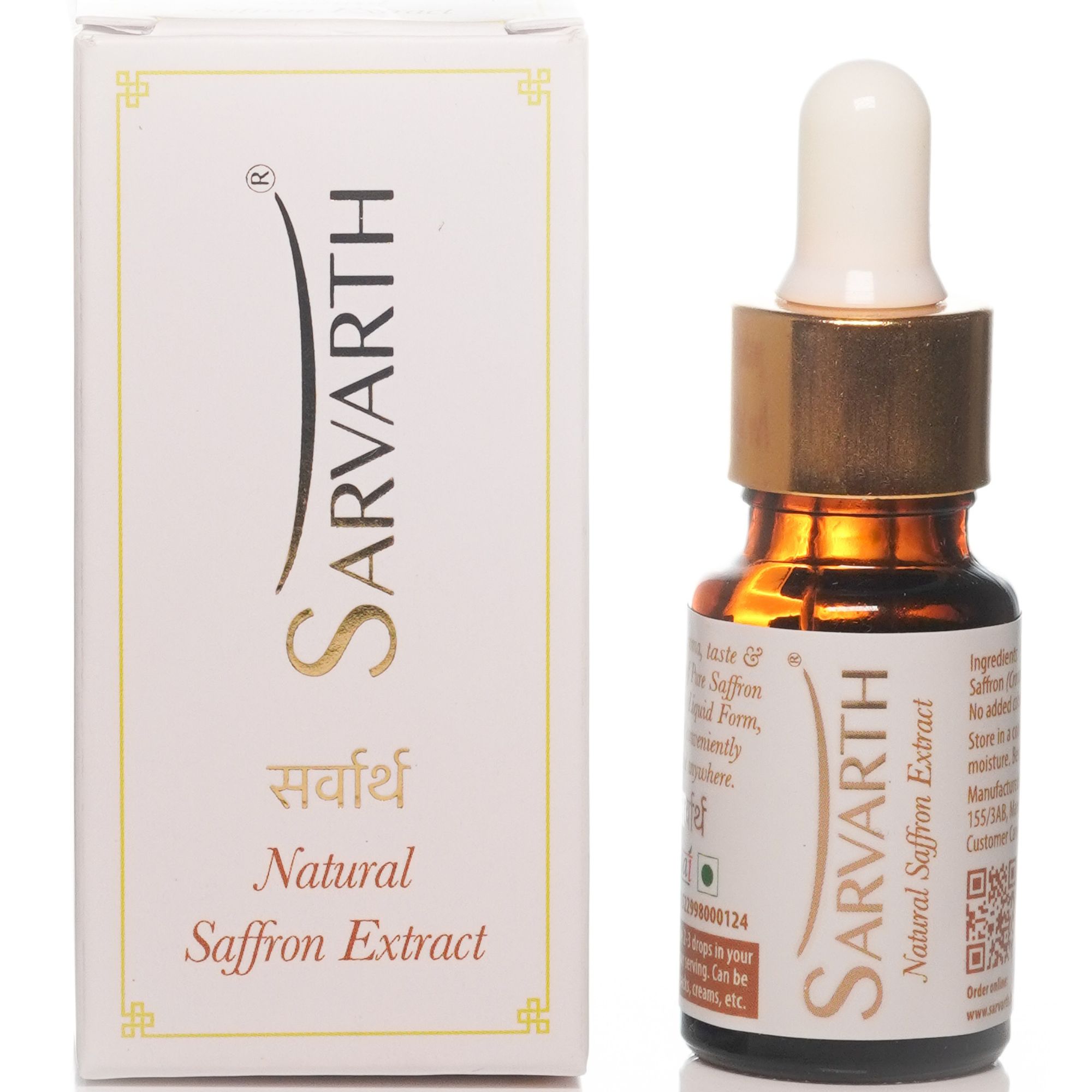Ayurvedic Treatment: Benefits and Home Remedies
Ayurveda, the ancient Indian system of medicine, has been practiced for over 5,000 years and continues to be a trusted source of holistic healing. Rooted in the principles of balance and harmony, Ayurveda offers a comprehensive approach to health that addresses the mind, body, and spirit. Ayurvedic treatments, including home remedies, are designed to restore equilibrium within the body, promote well-being, and prevent illness. This article explores the benefits of Ayurvedic treatments and highlights some effective home remedies that you can incorporate into your daily life.
The Core Principles of Ayurveda
Ayurveda is based on the idea that health and wellness depend on a delicate balance between the mind, body, and spirit. This balance is achieved by understanding and harmonizing the three doshas: Vata (air and ether), Pitta (fire and water), and Kapha(earth and water). Each person has a unique combination of these doshas, which influences their physical and mental characteristics.
When the doshas are balanced, the body functions optimally. However, imbalances can lead to various health issues. Ayurvedic treatments aim to restore this balance through natural remedies, dietary adjustments, lifestyle changes, and spiritual practices.
Benefits of Ayurvedic Treatments
1. Holistic Healing
Ayurveda treats the root cause of illness rather than just addressing symptoms. By focusing on the whole person, including diet, lifestyle, and emotional health, Ayurvedic treatments promote comprehensive healing and long-term well-being.
2. Personalized Approach
Ayurvedic treatments are tailored to each individual’s unique constitution and health needs. This personalized approach ensures that treatments are more effective and aligned with the individual’s specific imbalances and health goals.
3. Natural Remedies
Ayurveda emphasizes the use of natural herbs, spices, oils, and other plant-based ingredients. These remedies are gentle on the body and free from the side effects often associated with synthetic drugs.
4. Prevention-Oriented
Ayurveda places a strong emphasis on prevention. By maintaining a balanced lifestyle, following a dosha-appropriate diet, and practicing regular detoxification, individuals can prevent illness and maintain optimal health.
5. Improved Mental Health
Ayurveda recognizes the connection between mind and body. Ayurvedic practices such as meditation, yoga, and breathing exercises help reduce stress, improve mental clarity, and promote emotional balance.
6. Enhanced Digestion and Detoxification
Ayurveda considers digestion to be a cornerstone of health. Proper digestion ensures that nutrients are absorbed efficiently and that toxins are eliminated from the body. Ayurvedic treatments and remedies often focus on improving digestion and supporting the body’s natural detoxification processes.
Ayurvedic Home Remedies
Ayurveda offers a wealth of home remedies that are simple, natural, and effective for common health concerns. Here are some popular Ayurvedic remedies that you can try at home:
1. Turmeric Milk for Inflammation and Immunity
– Ingredients: 1 cup warm milk, 1/2 teaspoon turmeric powder, a pinch of black pepper, and honey (optional).
– Instructions: Mix turmeric and black pepper in warm milk. Sweeten with honey if desired. Drink before bedtime to reduce inflammation, boost immunity, and promote restful sleep.
2. Triphala for Digestive Health
– Ingredients: 1 teaspoon Triphala powder and warm water.
– instructions: Mix Triphala powder in warm water and drink before bedtime. Triphala is a combination of three fruits (Amalaki, Bibhitaki, and Haritaki) and is known for its digestive and detoxifying properties. It aids in regular bowel movements and supports overall gut health.
3. Tulsi Tea for Respiratory Health
– Ingredients: Fresh or dried tulsi (holy basil) leaves, 1 cup boiling water, and honey (optional).
– Instructions: Steep tulsi leaves in boiling water for 5-10 minutes. Strain and sweeten with honey if desired. Tulsi tea is excellent for respiratory health, helping to relieve coughs, colds, and congestion.
4. Ginger and Honey for Cold and Sore Throat
– Ingredients: 1 teaspoon fresh ginger juice, 1 teaspoon honey.
– Instructions: Mix ginger juice and honey. Take this mixture 2-3 times a day to relieve cold symptoms, soothe a sore throat, and boost immunity.
5. Amla Juice for Skin and Hair Health
– Ingredients: 1-2 teaspoons of amla (Indian gooseberry) juice, and water.
– Instructions: Mix amla juice with water and drink daily. Amla is rich in vitamin C and antioxidants, promoting healthy skin, and hair, and overall vitality.
6. Ashwagandha for Stress Relief
– Ingredients: 1 teaspoon ashwagandha powder, 1 cup warm milk or water, and honey (optional).
– Instructions: Mix ashwagandha powder in warm milk or water. Drink before bedtime to reduce stress, improve sleep quality, and support overall well-being.
7. Neem Paste for Acne and Skin Purification
– Ingredients: Fresh neem leaves or neem powder, and water.
– Instructions: Grind fresh neem leaves or mix neem powder with water to form a paste. Apply to the affected areas of the skin and leave it on for 15-20 minutes before washing off. Neem is known for its antibacterial and purifying properties, making it effective for treating acne and skin infections.
8. Cumin, Coriander, and Fennel Tea for Digestion
– Ingredients: 1/2 teaspoon cumin seeds, 1/2 teaspoon coriander seeds, and 1/2 teaspoon fennel seeds.
– Instructions: Boil the seeds in 2 cups of water for 10 minutes. Strain and drink after meals to aid digestion, reduce bloating, and support metabolic function.
9. Oil Pulling for Oral Health
– Ingredients: 1 tablespoon sesame or coconut oil.
– Instructions: Swish the oil in your mouth for 15-20 minutes, then spit it out and rinse with warm water. Oil pulling helps to remove toxins, improve gum health, and whiten teeth.
10. Saffron and Milk for Glowing Skin
– Ingredients: A few strands of saffron, 1/4 cup warm milk.
– Instructions: Soak saffron strands in warm milk for a few hours or overnight. Apply this mixture to your face and leave it on for 15-20 minutes before washing off. Saffron is known for its skin-brightening properties and can help improve complexion.
Incorporating Ayurveda into Your Lifestyle
To fully benefit from Ayurveda, it’s essential to integrate its principles into your daily life:
– Follow a Dosha-Appropriate Diet: Eat according to your dosha to maintain balance. Vata types should opt for warm, moist, and grounding foods, while Pitta types benefit from cooling, mild foods. Kapha types should focus on light, spicy, and invigorating foods.
– Practice Mindful Eating: Ayurveda encourages mindful eating practices, such as eating in a calm environment, chewing food thoroughly, and avoiding overeating.
– Maintain a Daily Routine (Dinacharya): Establishing a daily routine helps regulate bodily rhythms and promotes overall health. This includes waking up early, practicing yoga or meditation, eating meals at regular times, and following a consistent sleep schedule.
– Stay Active: Regular physical activity, such as yoga, walking, or other exercises suitable for your dosha, is essential for maintaining health and preventing imbalances.
– Manage Stress: Incorporate stress-reducing practices such as meditation, pranayama (breathing exercises), and spending time in nature to promote mental and emotional balance.
Conclusion
Ayurvedic treatments offer a time-tested approach to health and wellness that emphasizes balance, natural remedies, and preventive care. By understanding your unique dosha and incorporating Ayurvedic principles into your daily life, you can enjoy the benefits of improved physical, mental, and emotional well-being. The home remedies provided are easy to prepare and can be a valuable addition to your self-care routine, helping you achieve optimal health naturally.










